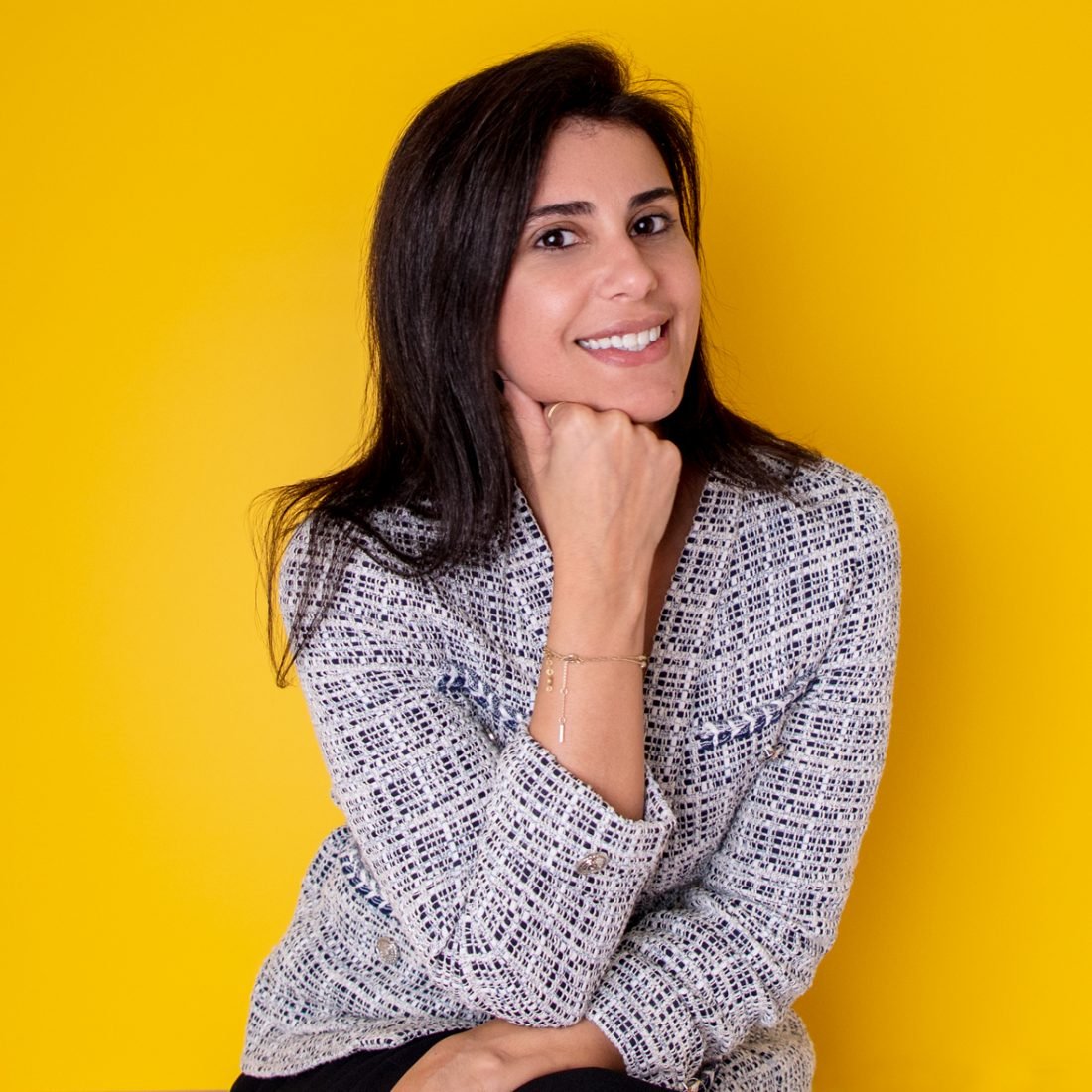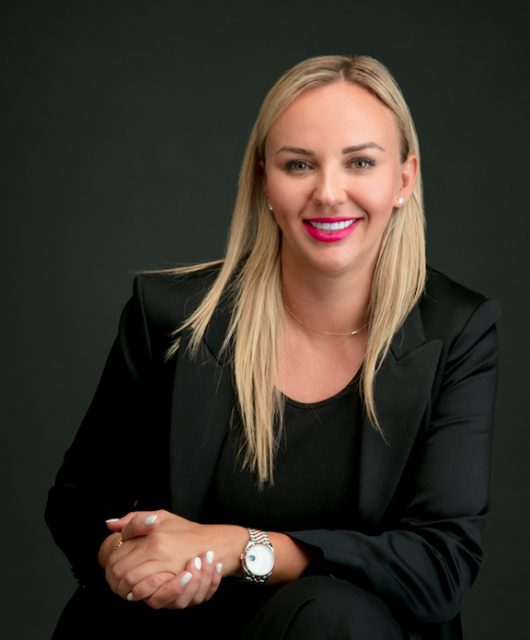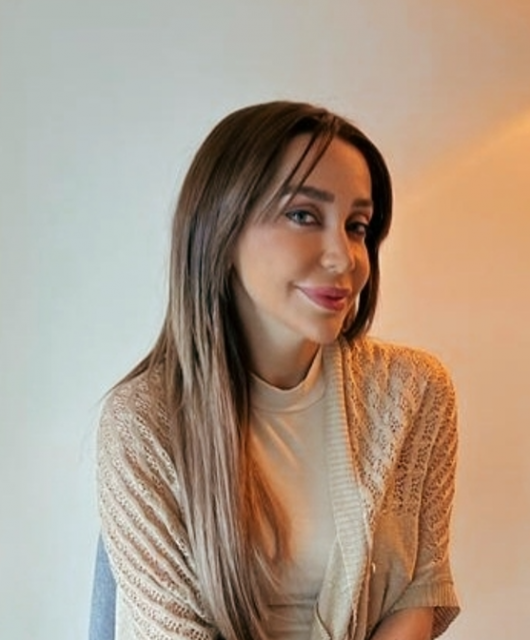The Wonder Women of MENA: Wunderman Thompson’s Mona Hassanie

About Mona Hassanie, Strategy Director of Wunderman Thompson UAE
With over 13 years of experience working with world-leading brands in Latin America and the Middle East, Mona heads the Strategy team at Wunderman Thompson Dubai.
Prior to joining Wunderman Thompson, Mona worked at Geometry, where she focused on commerce projects across multiple industries. She was part of the team responsible for shaping the digital products and services and the digital experience ecosystem required to deliver business and consumer value. Including the development of the global e-commerce strategy for brands like Coca-Cola.
Earlier in her career, Mona spent +6 years working in creatives agencies in Lebanon and Brazil, where she started her career at prominent agencies including Isobar & Fischer America.
She has spent the last decade studying consumer behavior, designing brand positioning and building integrated campaigns for local and global clients across different categories and markets.
Mona’s work has won industry awards at different prestigious shows such as Cannes Lions Festival, Dubai Lynx, New York Festival and Effie. She has also been a member of juries for several industry-leading awards such as New York Festival, Effie, and WARC MENA Strategy. She will also be part of the jury at the 2023 AME Awards and Digital MENA awards.
She is currently pursuing a MSc in Behavioral Science at the London School of Economics, where she is applying behavioral science to analyze the impact of geographic conflicts in brand perception & sales through different scientific data tools and methodologies.
About her thoughts for the industry
AI calls for the right questions.
By the end of 2024, it is predicted that 1 billion people will have used ChatGPT. That’s 13% of the world’s population engaging with only one of the available AI tools. (Tooltester, 2023)
So in a time where we experience the increased usage of and the transition to AI technologies in the Ad industry, asking the right questions will become more important than ever.
From the long-lasting legacy framework for planning advertising by JWT’s Stephen King in 1974, to today’s chatGPT and mid journey, formulating the right questions and prompts is what allow us to bridge the fundamentals of advertising and today’s technology.
While we might rethink the way we work, and wonder about the new possibilities new technologies bring, seeing them as a threat to replace humans is the only threat we may face.
The buzz around such technologies has quickly driven most Ad professionals to them. We’re already seeing creatives from across many industries, such as advertising, utilizing of AI for copy creation and visual development.
And this is transcending the creative department and being used even for research and insight generation (despite limitations in availability of historical data and accuracy of information).
This undeniably sped up the creative process: “After 36 hours looking at 20,000 macaws the AI could create a photo – realistic parrot from scratch in less than 4 seconds.” Perry Nightingale, Head of Creative AI at WPP.
And perhaps, AI can become a tool to minimize mundane and tedious work that contribute to the state of the “most stressed-out generation in history” (Gen Z are emerging as the most stressed demographic in the workplace, Cigna International Health’s 2023 survey of almost 12,000 workers around the world)
So the question should shift from “Is AI going to make us redundant?” to “How do we turn AI tools into a potential tangible solution for the generation Burnout?” and to “How can such technologies help us not only to create better ideas but unthinkable ones?”.
We need to embrace such tools instead of trying to fight them. Because if humans can spend more time thinking rather than doing, then we have succeeded.
In short,
– No machine (yet) can replace the cognitive ability and awareness needed to steer AI technologies – Right questions are the enabler to the best outcome.
– Besides steering the inputs, we will also need humans to quality check the results given by AI – We will always need the “human-test”.
– The potential for humans to focus on thinking vs. doing will unleash deeper levels of creativity and results – AI raises the bar for creativity.
– AI should be used as a tool to help humans to concentrate on areas where we truly exceed – Focusing on emotional intelligence to build better human connections.





